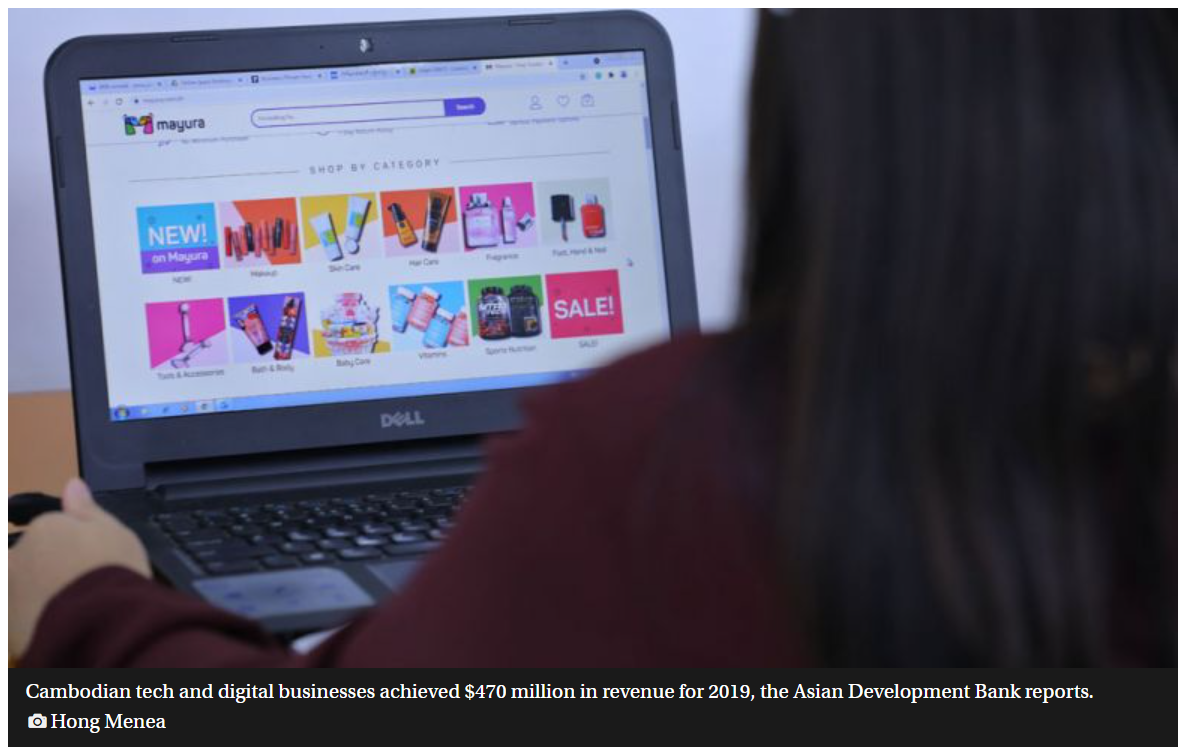Cambodia: Apply for licence by Nov 30, e-commerce players told
The Ministry of Commerce has ordered all foreign enterprises, sole proprietorships, legal entities and branches of foreign companies that engage in the Cambodian e-commerce market to apply for the proper licences or permits by November 30, or face fines, closure, or other legal consequences.
The ultimatum comes after several workshops and other means of outreach organised by the ministry seemingly failed to inspire as many e-commerce players to apply as it had intended, it indicated in a statement on September 15.
The statement said concerned entities can apply directly through ecommercelicensing.moc.gov.kh, a Khmer-only website hosted by the ministry, or view the terms and conditions, as well as lists of application forms and other required documents.
This is the latest in a series of measures attempting to ensure industry compliance with regulatory obligations and instil public confidence in the use of electronic channels of communication, rendered in consonance with provisions of the E-Commerce Law which the government passed on November 2, 2019.
The law requires e-businesses to register, but provides exceptions for six main categories of activities.
Ministry spokesman Pen Sovicheat notes that global e-commerce activity has remained on a steady growth trajectory during the pandemic, requiring governments to enforce laws regulating the industry.
Legal registration, for example, will drive consumer confidence higher, benefit the reputation of business owners and increase tax revenue collection, he told The Post in July.
“Proper registration will build up the reputation of business owners, create a great brand identity for products on sale, attest to the integrity of the services provided and the quality of goods,” Sovicheat said.
The e-commerce activities exempt from the registration requirements are – firstly, advertisements that do not list prices of, or directly sell goods to services to consumers, and are not subject to a contract; secondly, interactions such as negotiations that do not take deposits for their services or directly create sales contracts, such as booking services, according to the official.
Thirdly are sales of goods or services by individuals or sole proprietorships that do not exceed the lower income threshold of the lowest tax bracket; and fourthly are sales by family-owned, temporary or seasonal businesses, such as those in agriculture, he said.
Fifthly are sales of paintings or other artworks; and sixthly is the provision of online private tutoring, training, workshops or similar education services, he added.
Cambodian tech and digital businesses achieved $470 million in revenue for 2019, according to Asian Development Bank.
Broken down by sectors, e-commerce accounted for 27.6 per cent, e-services 7.8 per cent, digital media 10.2 per cent, advertising technology 12.7 per cent, transportation 3.8 per cent and online travel 37.9 per cent, the Metro Manila-based multilateral lender said.
Source: https://www.phnompenhpost.com/business/apply-licence-nov-30-e-commerce-players-told


 Thailand
Thailand




